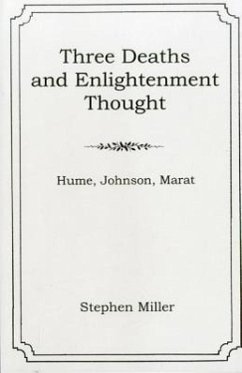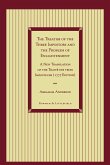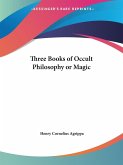In recent years there has been an extended debate about Enlightenment thought. Though many scholars have concluded that there were several 'Enlightenments, ' some continue to make generalizations about the Englightenment and some speak about 'the Enlightment agenda.' After discussing the cult of the deathbed scene in eighteenth-century Britain and France, the author looks at three currents of Enlightment thought implicit in the deathbed 'projects' of David Hume, Samuel Johnson, and Jean Paul Marat. Although Hume and Johnson hold profoundly different views of religion, their political thinking has much in common. Their reformist thought differs radically from what might be called the transformist thought of Marat, who hoped the French would become disinterested citizens whose civil religion was patriotism
Hinweis: Dieser Artikel kann nur an eine deutsche Lieferadresse ausgeliefert werden.
Hinweis: Dieser Artikel kann nur an eine deutsche Lieferadresse ausgeliefert werden.








